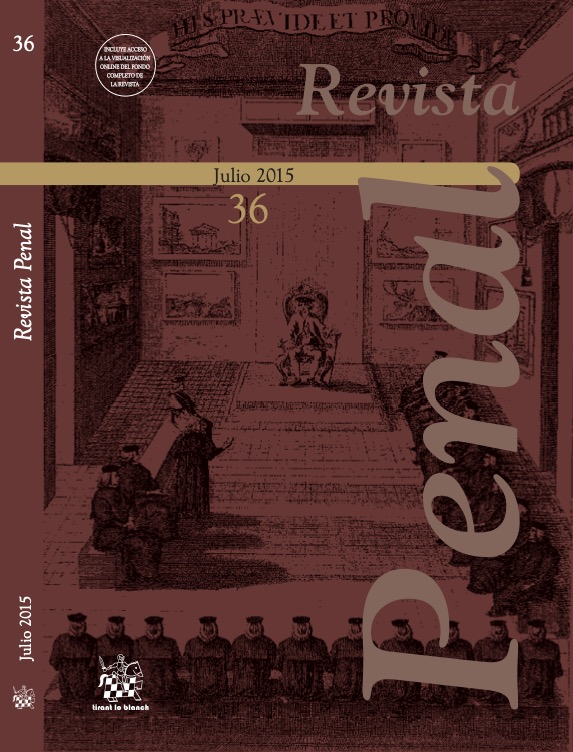Política criminal sobre drogas en la era global y blanqueo de dinero
DOI:
https://doi.org/10.36151/Keywords:
drugs criminal policies, globalization, money launderingAbstract
This paper attempts to examine a global alternative to the disastrous drugs policies such as the last Spanish penal reform on drugs and money laundering. The drug continues to cause or aggravate the social marginalization of a large part of consumers, forces them to commit asocial activities or falling into delinquency and significantly worsens the living conditions of prisons. Moreover, the prohibition, by impeding know quality of the drug, causes deaths from overdoses, hepatitis B and C, HIV or other medical complications. Likewise it persists, with the questionable distinction between legal and illegal drugs, the oppression of the rich countries. Also continues both care intervention focused on a small percentage of consumers such as the need for educational interventions. Thus, it is essential to carry out a policy of reducing risk and damage and decriminalization proposals. The drug is still a very expensive product, it causes the emergence of powerful trafficking organizations with an economic unparalleled power. For this reason it is appropriate punishment of money laundering, but decriminalization proposals would decrease significantly the illicit traffic, the profit margin and the power of the big drug trafficking organizations. There is an obvious link between drugs and money laundering, however in the Spanish Penal Code of 1995 the penalty for money laundering derived from drug trafficking was exacerbated, a model that was followed by some other country, so that the penalty can achieve really high limits.



